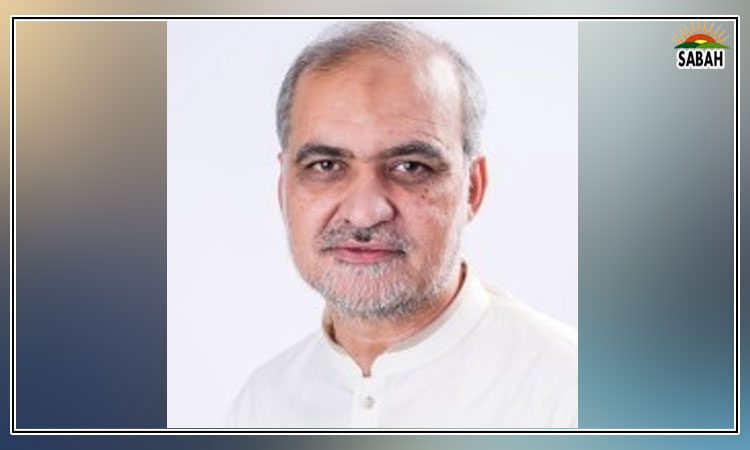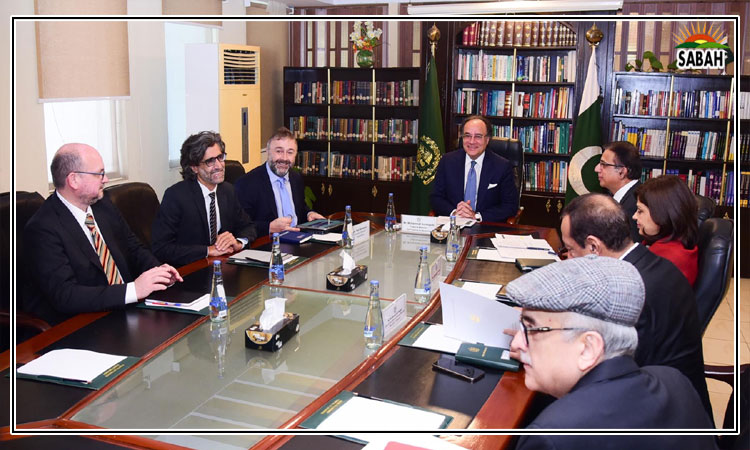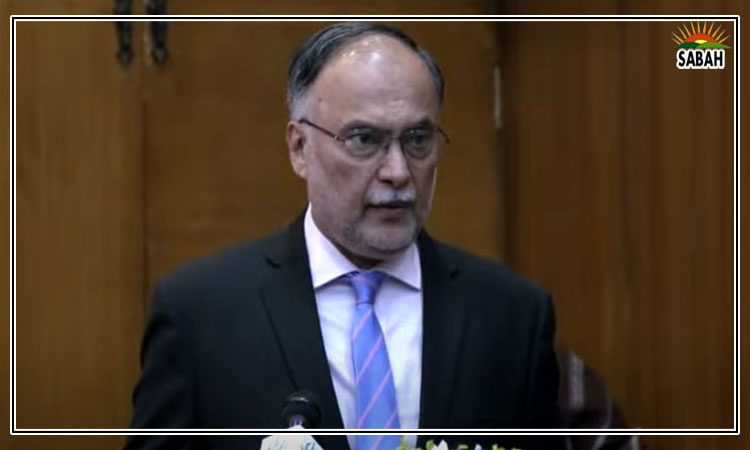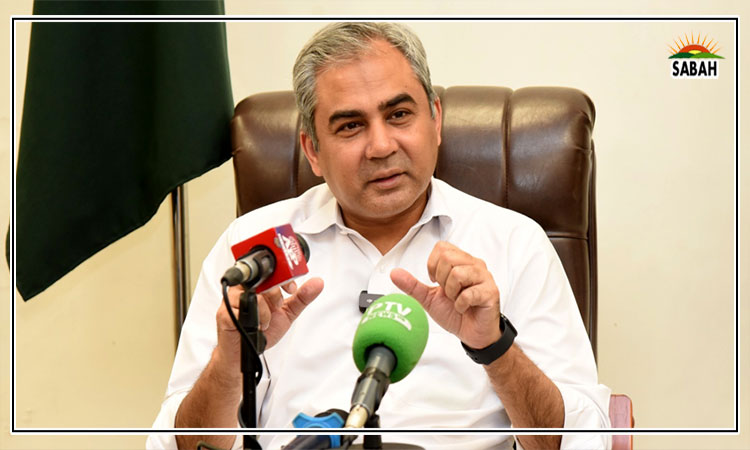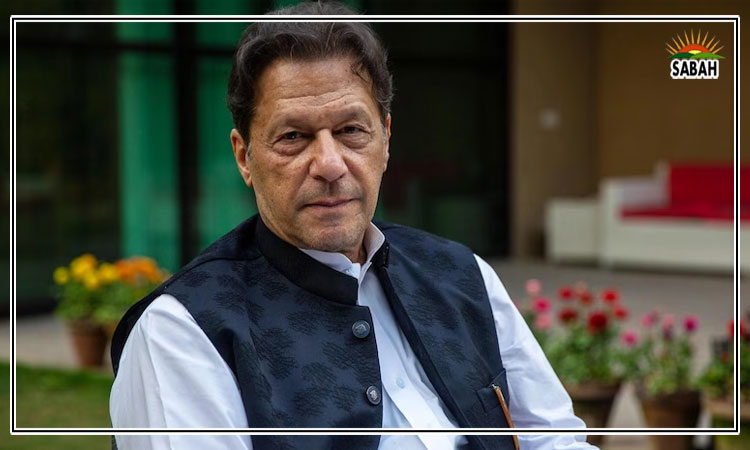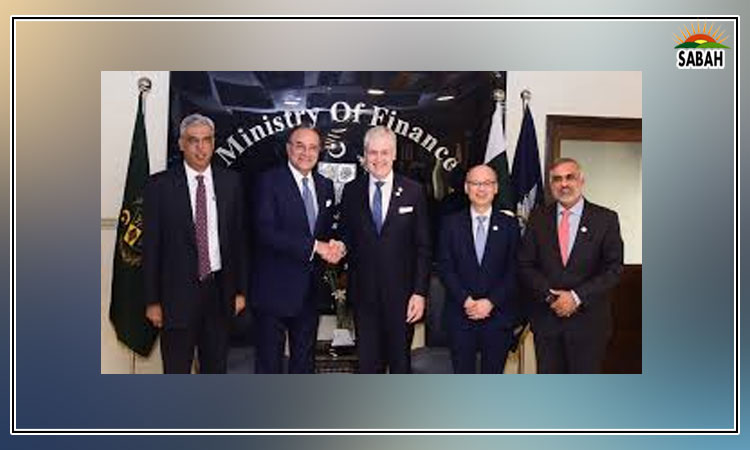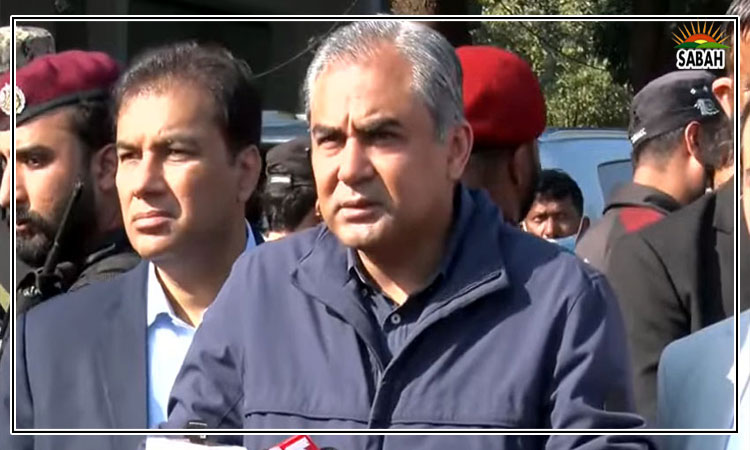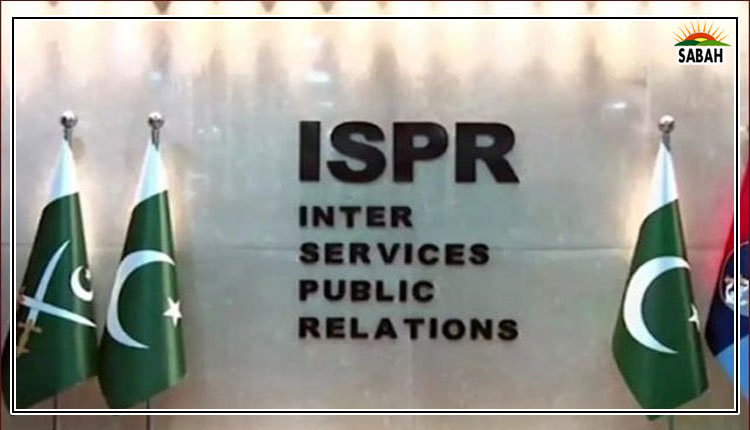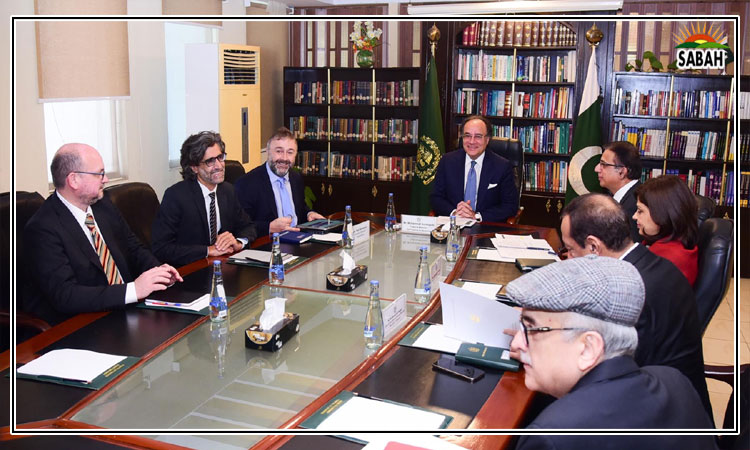Taliban’s legitimacy predicament…Dr Moonis Ahmar
Following the May 1-2 meeting on Afghanistan in Doha, attended by 25 countries and organisations, Talibans legitimacy predicament remains unchanged. Before the Doha meeting, women organisations of Afghanistan had urged the participating countries not to grant recognition to the Taliban regime because of its poor track record on human rights, particularly its denial of rights to women and girls to seek education and employment and enjoy free travel.
The UN-sponsored conference in Doha turned controversial when Afghan women groups questioned grant of legitimacy to the Taliban regime. The conferences theme How to engage with Taliban was contested because legitimacy for Kabul would have reversed the stance of Amnesty International and world human rights organisations which condemn the manner in which Taliban occupied Afghanistan in August 2021.
The UN issued a statement on April 30 which made it clear that the meetings objective was to achieve a common understanding within the international community on how to engage with the Taliban on issues including human rights, in particular womens and girls rights, inclusive governance, countering terrorism and drug trafficking.
Those opposing the Taliban regime argue that unless they are isolated at the international and regional level, socio-economic conditions of Afghan women would not change and they will continue to face repression and harsh restrictions. They believe that imposing a medieval type system in the name of Sharia, the Taliban are depriving the people of Afghanistan a normal and modern way of life. To them, engaging with Taliban is tantamount to giving legitimacy to a regime which came to power by force and has not sought legal position through elections.
Women protestors in Kabul the other day demanded: Antonio Guterres, stop supporting the Taliban. The Doha meeting is a repeated mistake. Recognizing the Taliban is equal to murdering women in Afghanistan. Any attempt to recognize the Taliban is unacceptable to the people of Afghanistan in the current situation.
Voices against the Talibans anti-women measures were so loud that the participants of UN-sponsored Doha conference refrained from taking a soft position on Taliban. The conference attended by the US, Russia, China and the neighbours of Afghanistan however gave an opportunity to the participants to review the situation in Afghanistan, particularly the grave humanitarian crisis. Soft corner for the Taliban regime is held by Pakistan, Russia and China as all the three argue that in order to deal with the economic and humanitarian crisis in Afghanistan, the US should release $7.5 billion worth of Afghanistans assets unfairly held up by Washington.
Regardless of its failures to get international legitimacy, the Taliban regime is trying to project its image as supportive to regional cooperation and development. For instance, recently the Afghan economic commission approved a massive railway project connecting different Afghan cities and linking Iran, Pakistan and its Central Asian neighbours so as to boost trade and commercial activities. It is yet to be seen how the Taliban regime will get resources to give a practical shape to the gigantic rail project.
The Taliban regime is also aware that $1 trillion worth of mineral resources are buried under the Afghan land and that China may be interested in exploiting precious metals essential for its industrialisation. Furthermore, Taliban leaders are also mindful of the fact that without peace in Afghanistan and cooperation from Kabul, connectivity between Central, South and West Asia will not be possible. Knowing strategic and economic interests of the neighbours of Afghanistan, the Taliban regime tends to follow a parochial and intransigent attitude about gender and human rights. The participants of the Doha conference which also included key EU members are unresponsive to the Talibans demand for legitimacy.
Taliban spokesperson in Doha Suhail Shaheen termed unreasonable the exclusion of his government from talks and made it clear that the world should listen to us. By denying our legitimate rights and not inviting us to meeting about Afghanistan or not listening to us, they neither can change the reality which is IEA (Islamic Emirate of Afghanistan) nor can [they] find a palatable solution which is a need. Whereas, the UN secretary general lamented that unacceptable ban on women taking part in aid agency work put their lives in jeopardy because of their vital role. We will never be silent in the fact of unprecedented and systemic attacks on women and girls rights.
In this scenario, one needs to analyse Talibans legitimacy predicament in two ways:
First, without the endorsement by the UN and major powers, the Taliban regime in Afghanistan cannot function properly and its confidence that it could work without their support and engagement lacks reasoning. For how long will the Taliban control things in Afghanistan is yet to be seen because with growing economic and humanitarian crises along with suffocation at the societal level, popular resentment cannot be ruled out at some stage. Presently, women protests in Afghanistan are limited but if the Taliban continue with their repressive policies reflecting gender discrimination and denying opposition its role in power structure, the day is not far when that country will again plunge into chaos and disorder. The Taliban regime may claim that it has established a semblance of peace in Afghanistan and controlled corruption, but if it has popular support then it should follow democratic path by allowing political pluralism and multi-party elections so that it can seek legitimacy. Once the Taliban are able to get popular legitimacy, seeking international recognition will not be an issue.
Second, engaging with Taliban may make sense but it should not be at the expense of human rights violations and denial of the right to education, employment and free travel to half of its population. There are voices at the international level arguing that without granting legitimacy to the Taliban regime, socio-economic conditions of the Afghan citizens cannot be improved. The recent trilateral meeting of the Foreign Ministers of Afghanistan, China and Pakistan held in Islamabad may be attributed as giving de facto legitimacy to the Taliban interim government.
In order to ensure that Afghanistan should be part of the 21st century, and not the 10th, not only Taliban but also other stakeholders in the country should start the process of dialogue meant to establish lasting peace and stability and pave the way for economic, human and social development so as to better the present and future of the Afghan people. For the last 45 years, Afghanistan has been in turmoil. Its about time its citizens got a break from their violent past.
Courtesy The Express Tribune


